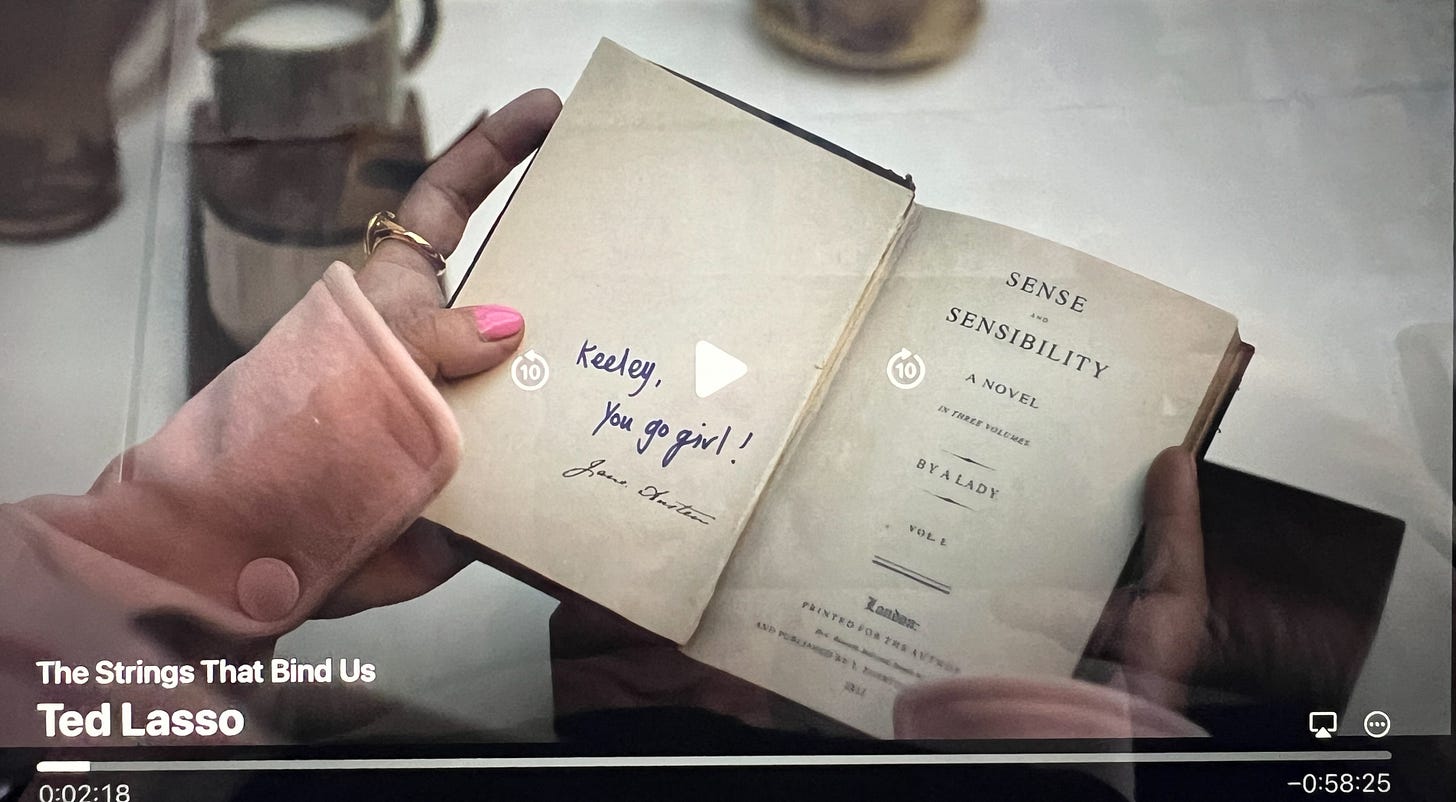New Arrivals
Today, my new arrivals list is devoted to cool stuff I like. It just posted to my website and this newsletter is the first notice about it.
The list includes rare art exhibition posters, Pop Art, US Spanish-language imprints, 19th century activism, a few photos, and some very important (to me) leaf books (see below).
Book Contest Update
A few months ago, I wrote about a contest I was in with some bookseller friends. The idea was to see how much money we could make in one year starting with $2. I’m well in the lead, having flipped books up to $4800.
The contest ends in a month, and I was getting a bit desperate to find something to buy with my $4800. I considered a lot of books, but they were always slightly too cheap (I had to spend at least 80% of the $4800) or a little too expensive.
I ended up buying a lot of four Foliophiles leaf boxes. That was kind of cheating—it wasn’t a single book and if I sell them all, I am not going to quite double my money. Nevertheless, I am happy to have them. They are interesting relics of a past time in book collecting and all they really cost me was $2. If you like them, please buy some, I need to win this contest!
Don’t Write in Books (TV and eBay Edition)
Book collecting doesn’t make too many appearances in movies.
One of the best-known exceptions to that rule is The Big Sleep, starring Humphrey Bogart, where he suspects a bookstore to be a front operation for a blackmail scheme. On the street just outside the shop, Bogart flashes a brief smile, a nice bit of acting that makes it seem as if an has idea just occurred to him. He puts on sunglasses, adjusts his hat into a dorky position, and assumes a nerdish air as he asks the clerk for a “Ben Hur 1860”, the one “with the erratum on page 116.” She says they don’t have one.
A minute later, Bogart crosses the street to another shop and with the sly, smoldering air of Philip Marlowe, “a private dick”, he asks Dorothy Malone, who plays the bookstore owner, the same question. She correctly tells him there isn’t any such book.
I can think of no other place in film where the two stereotypes of book collectors (and dealers) as nerdy fetishists and knowledgeable scholars play out in such close proximity.
Book collecting in television is even more uncommon than it is in the movies. But there is an amusing scene in the new (third) season of Ted Lasso (streaming on Apple TV). In Episode 7 (“The Strings the Bind Us”), a rich venture capitalist gives her girlfriend, Keeley, a rare book.
In fact, it’s a really rare book, a signed first of Jane Austen’s Sense and Sensibility. I’m not entirely sure that a signed first edition of that book even exists, but if one does, it’s at least a mid-six-figure book, and probably more. The venture capitalist alludes to the fact that it’s a very expensive book.
When the camera moves in the book, the viewer can see just above Jane Austen’s signature is a note, “Keeley, you go girl!”
That made me laugh.
Although I have to admit, like Bogart’s brief smile, the note in Sense and Sensibility is a tiny detail that says a lot about the venture capitalist character. Possibly only a tech gazillionaire would be arrogant enough (and simultaneously admiring of history and literature and disrespectful of it at the same time) to buy a book for the price of a house and then add an inscription with a non-archival Sharpie.
The props department made a bit of an effort to make a plausible fake book. The binding at first glance seems suitably old. They even mocked up the original title page, including “a novel in three volumes.” A British triple-decker was apparently too much to explain in the script, so the gift book is just a single volume.
Lest you think that writing notes in books is limited to show business, did you see the first American edition of The Hobbit that recently sold on eBay (62 bids, $7,000)?
It wasn’t a great copy, though it had most of its dust jacket. Before 2003, it was so much better:

I appreciate Charles’ affection for his friend Eric, but wouldn’t a card have done just as well? And Charles knew he was writing in a first edition, because he mentions that in the inscription.
Moral of the story: Please don’t write in your first editions. Collectors are custodians. The books only belong to you now. Collecting should preserve books for future generations.
Dune Update
In my last newsletter, I wrote about a book promoting the artist Jodorowsky’s conception for a movie based on Frank Herbert’s Dune. He couldn’t talk anyone into funding the project, leaving the book as one of the few remnants of the film. It has been a much-sought-after volume, selling in mid-five figures until 2021, when an ordinary copy went for $2.9 million. That same copy came back to auction on July 8 with an estimate of $100,000. It sold for $72,500 plus the buyer’s premium, bringing the total to $90,625. That price is a vertiginous drop from $2.9 million, but Jodorowsky’s Dune is still one of the most expensive printed books from the 1970s.



